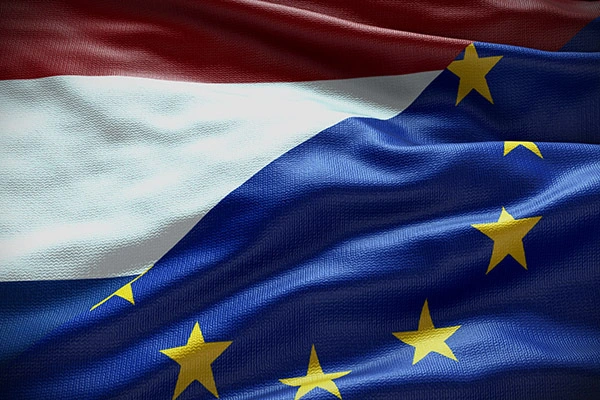Why is the Netherlands important to the EU?

The core tasks of the EU
The Dutch government believes the EU should be limited to those areas where it adds value, such as security or climate. The member states should have the right to decide on such issues as pensions, taxes, and education. These areas are not subject to EU legislation.
Legislation from the EU
Each member state of the EU has its laws and regulations. Many issues cross national borders, such as law enforcement, transport, and research. The EU has worked for many years to harmonize and pass new legislation.
Many EU laws have been in force over the years. A large portion of Dutch law is a result of EU law. A Dutch company must comply with EU regulations to transport pigs from the Netherlands to Spain.
New laws and amendments to existing laws and regulations will occur in the coming years. The Netherlands, as a member, participates in the decision-making process. It advocates its views and seeks allies to help it. The Netherlands evaluates every EU legislative proposal against two fundamental questions. Is this an issue that should be on the European agenda? Are the EU’s proposals compatible with Dutch interests?
EU developments
The Netherlands publishes a report called “The State of the European Union” annually. This annual report focuses on the country’s most significant developments and looks ahead to the European plan for the coming year.
Netherlands is Important to the EU
The EU has a trade policy, a foreign policy, and a linked defense and security policy. This policy is implemented by the European External Action Service (EEAS), a diplomatic agency representing the EU in third-country countries. The Netherlands wants to strengthen the EEAS. The key players in this effort are the Dutch diplomats who work in the service.
Economic and financial developments in the European Union
The EU is currently working to end the euro crisis. Economic reforms are crucial for economic growth. All EU member countries must make cuts.
The EU guarantees freedom, security, and justice.
Dutch citizens can travel freely within the EU, study, work, or retire in any other member state, just like citizens from other member countries. For example, a Dutch pensioner can permanently choose to settle in Spain if they so desire.
Individuals and businesses must be able to count on the EU law being enforced everywhere. It is vital that people feel safe. The Netherlands believes the EU should be focusing on cyber security and counterterrorism.
EU enlargement and neighboring countries
The EU is growing. The accession negotiations with Croatia have now been concluded. Negotiations with Turkey, Montenegro, and Iceland are ongoing. The possibility of membership is also open to the countries in the Western Balkans.
However, this remains a distant possibility. The law enforced by the EU must be incorporated into the national laws of candidate countries and enforced accordingly. They must also adhere to specific standards in their public administration and finances.
The Netherlands believes that enlargement is essential because it increases Europe’s stability and the size of its internal market. The Netherlands believes countries shouldn’t be allowed to join unless they fulfill all conditions.
The EU is not only focused on enlargement but also on its neighbors. It has formed partnerships with countries in the East and North Africa. These countries are currently in discussions with the EU about energy and trade agreements. This type of cooperation is vital for the Netherlands because it will result in increased trade and excellent stability.
Internal market
The opening of the Dutch internal borders has greatly benefited the country. Since then, trade has increased dramatically. However, the internal market is still not complete. All businesses can’t enjoy the benefits. There is no free market for IT, knowledge, and insurance services. It is in the Netherlands’ best interests to have the internal market work even better. This is both good for the economy as well as for employment.